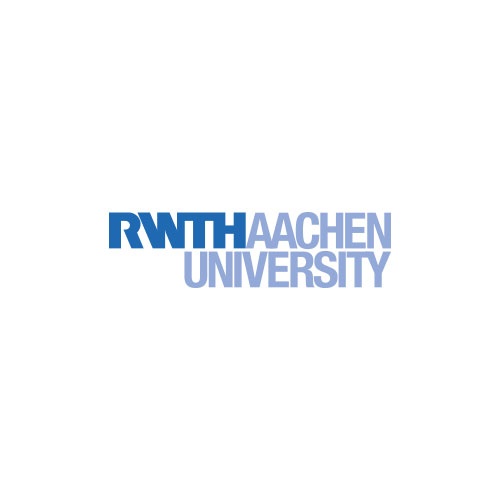RWTH: Energy efficient paper recycling
In the EnEWA research project funded by the Federal Ministry of Economics and Climate Protection, the Institute for Anthropogenic Material Cycles at RWTH Aachen University, together with the University of Siegen and several industrial partners, is developing a solution for recycling waste paper from lightweight packaging, residual waste and commercial waste. The project has now received the highest award from the European Council for Paper Recycling (EPRC) in Brussels in the category “Innovative Technologies and Research & Development”. The European Paper Recycling Award recognizes projects, initiatives and campaigns that contribute to European sustainability through activities in support of paper recycling.
In the past few decades, energy consumption in paper production has been reduced through technical optimization of plants and significantly lower energy requirements for the recycling of waste paper. Therefore, the use of waste paper is an important basis for paper production. However, currently around 20 percent of the paper produced does not get back into the recycling cycle and is instead incinerated, mainly to generate energy.
In order to recycle this paper, the EnEWA research project – “Energy saving in paper production by opening up the value chains for waste paper from lightweight packaging (LVP), residual waste and commercial waste” is developing a complex processing process from dry-mechanical sorting, shredding and hygienization to use in paper production. Thus, waste paper from lightweight packaging, residual waste and commercial waste should also be integrated into the sustainable circular economy. This could potentially save over 300,000 tons of CO 2 per year in Germany.
Initial analyzes within the research project show that 50 percent of the paper from the mixed waste streams examined so far could also have been disposed of via the separate waste paper collection and thus there is potential for more resource-saving handling. The results generated flow into the development of a sorting process for paper from mixed waste collections in order to be able to sort out the recyclable paper for recycling. In further steps, the knowledge generated will flow into the future desired further development of the minimum standard for packaging recycling and the 36th recommendation “Paper, cardboard and cardboard for food contact” of the Federal Institute for Risk Assessment.

